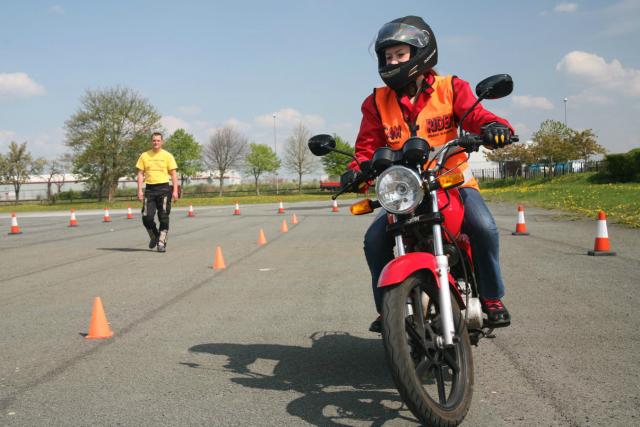NMC, MCIA among signatories of letter to DfT urging changes to CBT
A letter signed by the NMC, MCIA, and TfL has been sent to the Department for Transport urging changes are made to motorcycle CBT.

The National Motorcyclists Council has signed a letter, along with Transport for London and the Motorcycle Industry Association, urging the UK Government to enforce changes to motorcycle CBT.
The letter was signed by representatives of the National Motorcyclists Council (NMC), Transport for London (TfL) and the Motorcycle Industry Association (MCIA), and addressed to Mark Harper, the Secretary of State for Transport.

The changes the groups are wanting to be introduced to CBT were actually agreed upon by the Department for Transport (DfT) in 2016 and announced at the end of 2017. However, they have simply not been enforced.
There are a number of changes that the signatories of the letter are hoping to be introduced, from digitising the administration process to putting the theory test before the CBT rather than between it and the Mod 1/Mod 2 tests, and restrictions for those who passed their CBT on an automatic motorcycle.
The full list of changes is as follows:
- Introduction of a training course to upgrade motorcycle licence entitlements
- The creation of powers to revoke CBT certificates or take other measures for learner riders who have accrued six penalty points
- Restriction of learners who complete CBT on an automatic transmission machine to riding only automatic machines
- Provision for upgrading entitlement to manual machines for how riders with such a restriction
- Establishment of a combined CBT and DAS instructor qualification assessment
- Limiting the time period that down-trained instructors can give instruction
- Changes to the CBT syllabus, including requiring instructors to ensure trainees are appropriately attired for riding
- Condensing the five elements of CBT to four
- Strengthening the quality assurance scheme for motorcycle instructors
- Introduction of the theory test as part of or prior to CBT
- Digitising the CBT administration process
- Implementation of earned recognition
In the letter, the changes are described as “fundamentally important to the development of safer motorcycling across the UK”, and their implementation as “urgent”. It also urged the swift commencement of actioning the changes, some of which can be implemented relatively quickly and straightforwardly, and others requiring primary legislation.

NMC Executive Director Craig Carey-Clinch said: “The changes we call for in our joint letter today were agreed by Government several years ago and their introduction is long overdue. We urge the Secretary of State and the Department for Transport to commence work to implement this positive and potentially life-saving legislation.
“Our letter to the Secretary of State marks a moment when the motorcycle sector, public authorities and road safety organisations have come together to achieve positive change for motorcycle safety.
“We urge the Government to take note and act in partnership with all parties to make these changes to CBT and also to other areas of motorcycle safety, so that a more sustainable and proactive approach can be taken to support casualty reduction for this important mode of mobility, transport and leisure.”
.jpg?width=1600)
